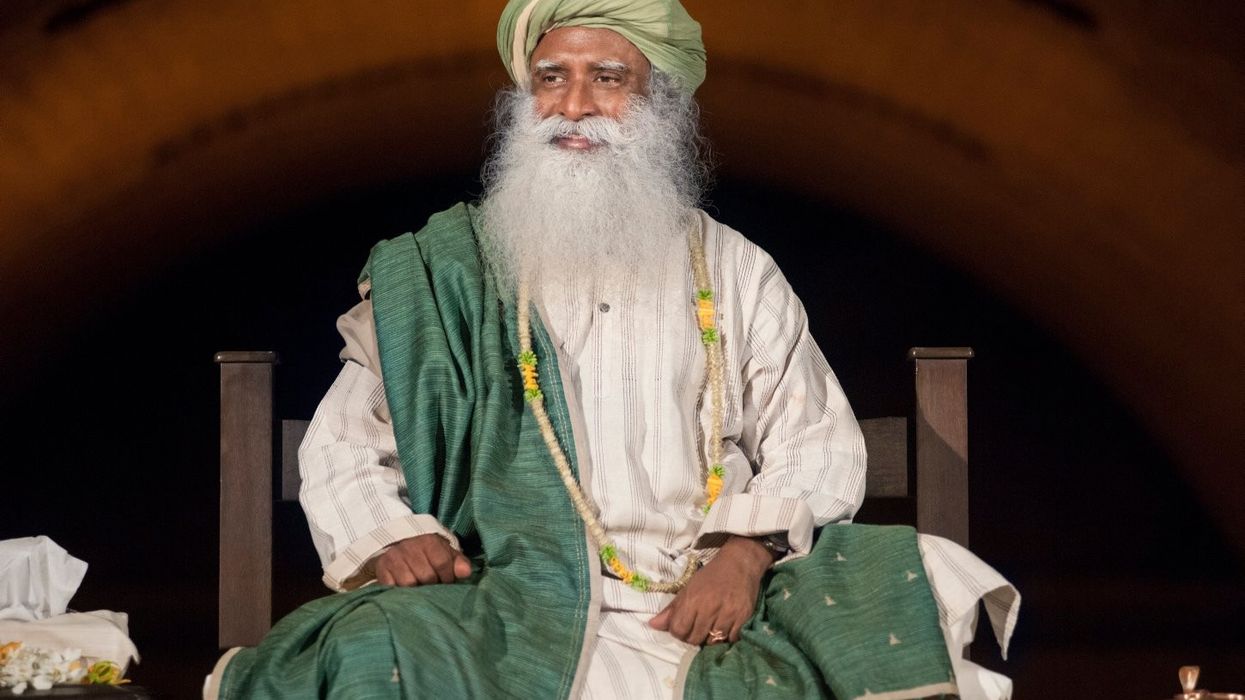PRITI PATEL said on Tuesday (15) she would call the police to report anyone who flouted a new ban on gatherings of more than six people, suggesting that people who stopped for a chat on the street were breaking new coronavirus laws.
Covid-19 cases across the UK have risen sharply in recent weeks, prompting the government to bring in the new rules to restrict socialising, at the same time as health bosses have said there are problems with accessing tests.
The home secretary said that people needed to help stop the spread of the disease, and that included calling the police on neighbours who break rules. She even suggested that families should not mingle with friends they bumped into on the street.
"If I saw something that I thought was inappropriate, then quite frankly I would effectively call the police," she told Sky News.
"It's not about dobbing in neighbours, I think it's all about us taking personal responsibility. If there was a big party taking place, it would be right to call the police."
Asked to define "mingling" -- also not allowed under the new rules -- she said it was "people coming together", and that if two families of four stopped for a chat in the street they would be infringing the law.
"It is mingling, I think it's absolutely mingling," she told BBC radio.
The social clampdown comes amid concern that people are struggling to get tests for Covid-19, especially in areas where the infection rates are highest.
Patel said that tests were available for people in their local areas, and that Public Health England was adding capacity and ensuring more testing was available on a daily basis.
"The majority of tests are available within a 10-mile (16-km) radius," she told BBC TV, although she conceded that in some extreme cases people wouldn't be able to get a test within that radius.
UK media reported many examples of people in virus hotspots unable to get tests, while NHS Providers, a body representing hospital, community and ambulance services in the state-run health service, said on Twitter that current testing shortages were starting to impact health services.



















Man pleads not guilty to murder of BBC presenter's family